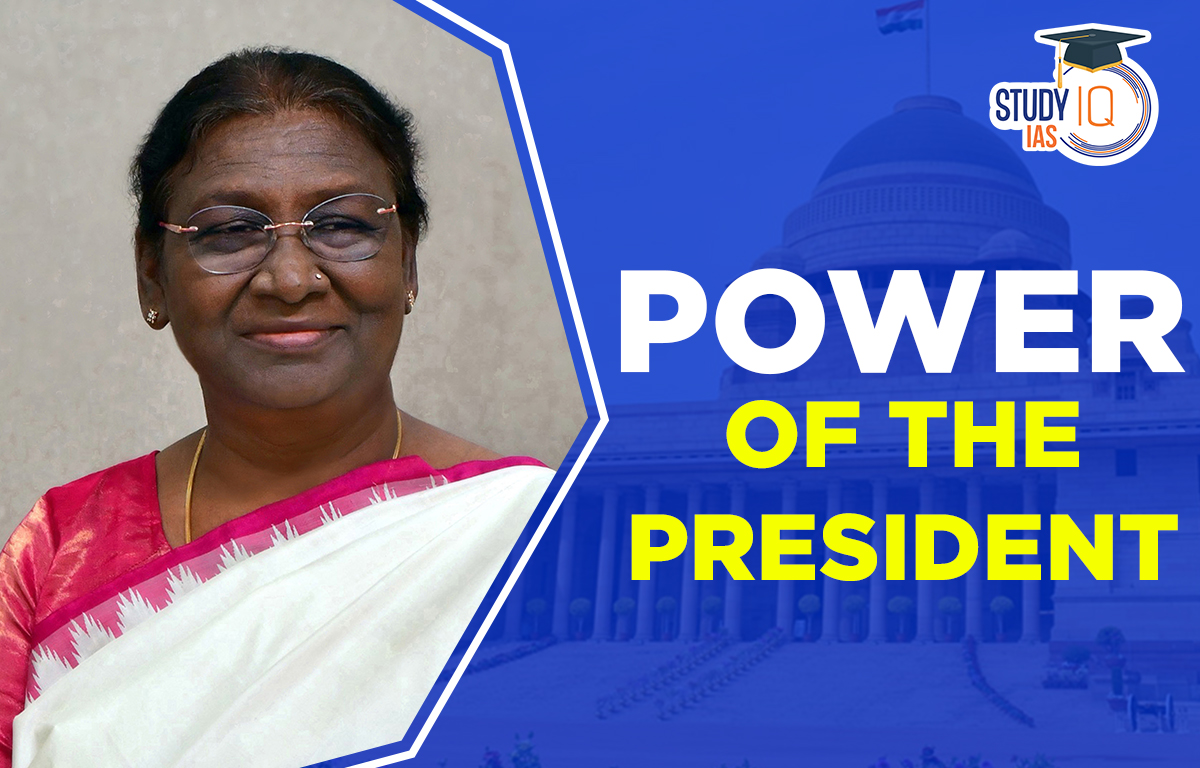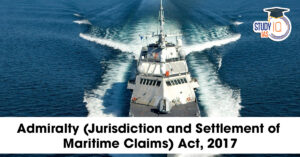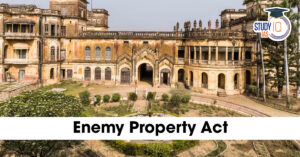Table of Contents
Powers of the President
The Power of the President has a variety of authority, including financial, diplomatic, legislative, military, judicial, pardoning, executive or appointment, and emergency authorities. The head of state of the Republic of India is the President. The eight categories that make up the President’s powers are listed below. The highest constitutional position in India is that of the President. They control every superpower connected to every sphere of the economy.
The Power of the President of India is an important part of Indian Polity which an important subject in UPSC Syllabus. Students can also go for UPSC Mock Test to get more accuracy in their preparations.
What are the Powers of the President?
.The main duty of the President of India is to uphold and defend the Constitution and laws of the country, as stated in Article 60. The President acts as the head of all constitutional entities and must use their powers to support the Constitution.
The President is the Head of State in India, which has a cabinet form of government. Similar to the King or Queen of Britain, the Indian President holds constitutional powers that are actually exercised by the Cabinet. The powers of the Union government are considered the powers of the President, as they are used in his name according to Article 53, which states that the President holds executive powers and can exercise them directly or through subordinates.
Executive Powers of the President
Head of the Union:
The President leads the Union Executive and exercises executive powers in the name of the Union. These powers cover areas where Parliament can make laws and sign treaties.
Appointments:
The President appoints important officials, including Governors of States, Supreme Court and High Court judges, and the Auditor General of India.
Prime Minister and Ministers:
The President appoints the Prime Minister and, on their advice, the other Ministers. Usually, the President must choose the leader of the party that has the most seats in the Lok Sabha. In rare cases, like when no party has a clear majority, the President can use their discretion to choose the Prime Minister.
Proving Majority:
The Council of Ministers serves for five years but must have the Lok Sabha’s confidence. If there’s doubt, the President can ask them to prove their majority, as happened with Prime Minister H.D. Deve Gowda. The President can also dissolve the Council if they lack majority support.
Supreme Commander:
The President is the Supreme Commander of the Armed Forces and can declare war or sign treaties.
Legislative Powers of the President
President and Parliament:
The President is part of the Union Legislature, which includes two Houses of Parliament. They can call meetings, end sessions, or dissolve the Lok Sabha (the lower house). For example, the President dissolved the twelfth Lok Sabha in 1999 when the government lost a confidence vote.
Addressing Parliament:
The President can speak to one or both Houses, especially at the start of a new Lok Sabha or at the beginning of each year. They may also send messages to Parliament if there are important disagreements with the government.
Nominations:
The President nominates members to both Houses to ensure all parts of society are represented, even those not elected.
Bills and Assent:
A bill must get the President’s approval to become a law. The President can approve or reject a bill. If a bill is passed again by Parliament after being rejected, the President must approve it. Some bills need the President’s prior approval, like those creating new states or money bills.
State Bills:
Bills passed by state legislatures can be sent to the President for review if the state Governor chooses to do so.
Financial Powers of the President
The President of India has important financial powers:
- A money bill cannot be introduced in Parliament without the President’s recommendation. Each year, the President presents the Annual Financial Statement to both Houses, showing the government’s expected income and spending for the next year.
- Proposals for taxes or spending money also need the President’s approval before being introduced in Parliament.
Judicial Powers of the President
She/he has the authority to give pardons, reprieves, or remissions of punishment to anyone convicted by a court, as outlined in Article 72 of the Constitution. The President can do this in cases where:
- The punishment is for a crime against Union Law
- The punishment comes from a Military Court
- The sentence is death
The President’s decisions on pardons are independent of the Prime Minister or the Lok Sabha majority, although they often act on the advice of the Prime Minister and the cabinet.
Diplomatic Powers of the President
The President of India is responsible for negotiating and signing international treaties and agreements. However, these negotiations are basically handled by the Prime Minister and the Cabinet, especially the Foreign Ministry. Treaties also need Parliament’s approval. The President represents India in international events, mainly in a ceremonial role, and can send and receive diplomats. As the first citizen of the country, the President holds a key position.
Military Powers of the President
He is the military’s top commander in India. In that position, he names the Army, Navy, and Air Force leaders. He has the power to declare war or peace, but only with the Parliament’s approval.
Emergency Powers of the President
The Constitution grants the President extraordinary powers in addition to the previously listed regular authorities to deal with the following three sorts of emergencies:
- National Emergency (Article 352);
- President’s Rule (Article 356 & 365); and
- Financial Emergency (Article 360)
Powers of the President UPSC
The President cannot use his pardoning authority without the consent of the executive branch. The President must follow the Council of Ministers’ recommendations when choosing whether to grant a mercy plea, the Supreme Court has found in a number of cases. Among them are Dhananjoy Chatterjee v. State of West Bengal in 1994 and Maru Ram v. Union of India in 1980. Students can read all the details related to UPSC by visiting the official website of StudyIQ UPSC Online Coaching.


 Admiralty (Jurisdiction and Settlement o...
Admiralty (Jurisdiction and Settlement o...
 Enemy Property Act in India, Background ...
Enemy Property Act in India, Background ...
 Phone-tapping in India, Legal Framework ...
Phone-tapping in India, Legal Framework ...





















